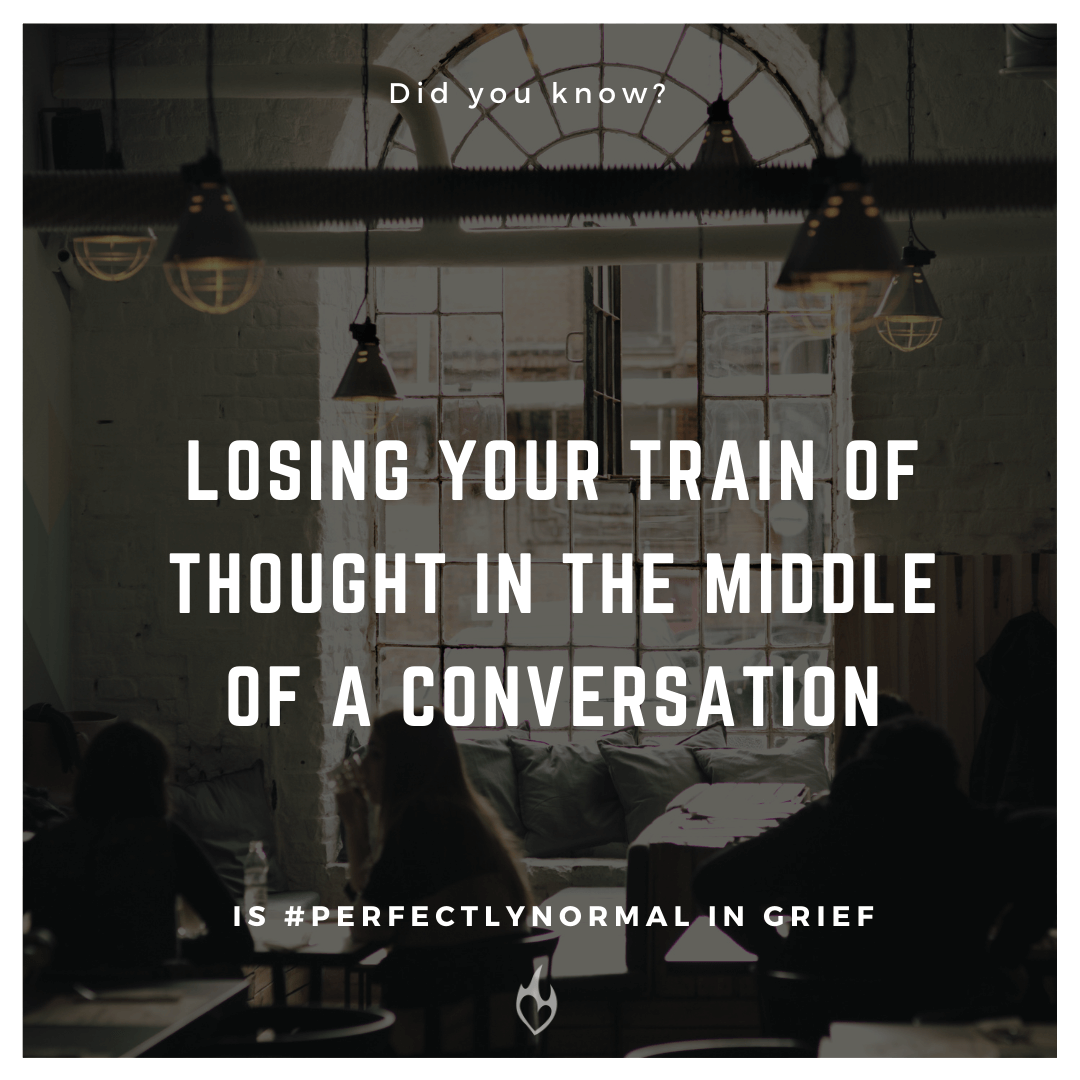
However, thought blocking can also occur due to thought disorders or psychosis.
multitasking, such as driving, cleaning, or playing games while talking to someone. The DfT said it is also considering the cost of upgrading some older on-board Wi-Fi equipment, and whether people making shorter journeys use their own mobile phone data to connect to the internet.Everyone forgets what they were about to say or loses their train of thought from time to time. “Passenger surveys consistently show that on-train Wi-Fi is low on their list of priorities, so it is only right we work with operators to review whether the current service delivers the best possible value for money.” The Government has said there will be a review into whether Wi-Fi services on UK trains deliver “the best possible value for money”.Ī Department for Transport spokesperson said previously: “Our railways are currently not financially sustainable, and it is unfair to continue asking taxpayers to foot the bill, which is why reform of all aspects of the railways is essential. It’s the wrong idea, thought up by accountants.” “Wi-Fi really is like using the toilets, and having space for baggage and luggage,” said Wolmar. Wolmar added: “They say many commuters don’t use it, but for people who do use it, it might make all the difference to them taking a train or going some other way.” Soult explains that when he travels on LNER, large chunks of Yorkshire are mobile signal-free, meaning he turns to Wi-Fi. It sends out the idea that we’re going back to the 1990s.” (Some train carriages also unwittingly act as a Faraday cage, a phenomenon in physics, which blocks mobile signals, according to a 2021 study by Arup commissioned by the DfT.) “It sends out a message that trains operating without Wi-Fi doesn’t matter, when of course it does matter. Wolmar explains that the Wi-Fi you get through a train is much more likely to be reliable than your phone because of the fact the masts that receive the signals are positioned above the train. Even if the Wi-Fi is slow, it’s at least a more stable connection to work and slow is better than nothing.” “All my work files are stored in the cloud and phone signal is so unreliable that I worry about my files corrupting if I used my phone hotspot. 
“If I’m travelling by train that has no Wi-Fi it’s almost impossible for me to work,” said White. “Of course trains actually running, or getting a seat, is going to rank more highly, but that doesn’t mean that Wi-Fi isn’t an important factor in making train travel attractive.” “As someone who travels by train regularly for work and pleasure, the idea that Wi-Fi is low down on passengers’ list of priorities is somewhat facetious,” said Graham Soult, a retail analyst based in the north-east of England. But with a total absence of Wi-Fi, that satisfaction would be even lower. Around one in four were dissatisfied, while a fifth didn’t have an opinion either way. In all, 56 per cent of passengers were satisfied with the reliability of internet access on their journey. We don’t yet have that, as the most recent national survey of train passengers, conducted last week, shows.

“It should become absolutely standard for all trains on the British railway network to have seamless connectivity.” “Wi-Fi has moved from being an optional extra to something essential for the 21st century rail passenger, so we welcome any improvements to capacity and coverage,” he said then. It’s seen as a basic requirement for a train journey now – as Bruce Williamson of Railfuture, an independent organisation campaigning for a better rail system, said in 2017 when the government announced a big push to improve on-board Wi-Fi. “Because I travel up and down the country for work, having good Wi-Fi on the train is crucial to getting my work done,” said Pete White, a mental health consultant based in Telford, who regularly uses the train – and works while on it.






 0 kommentar(er)
0 kommentar(er)
